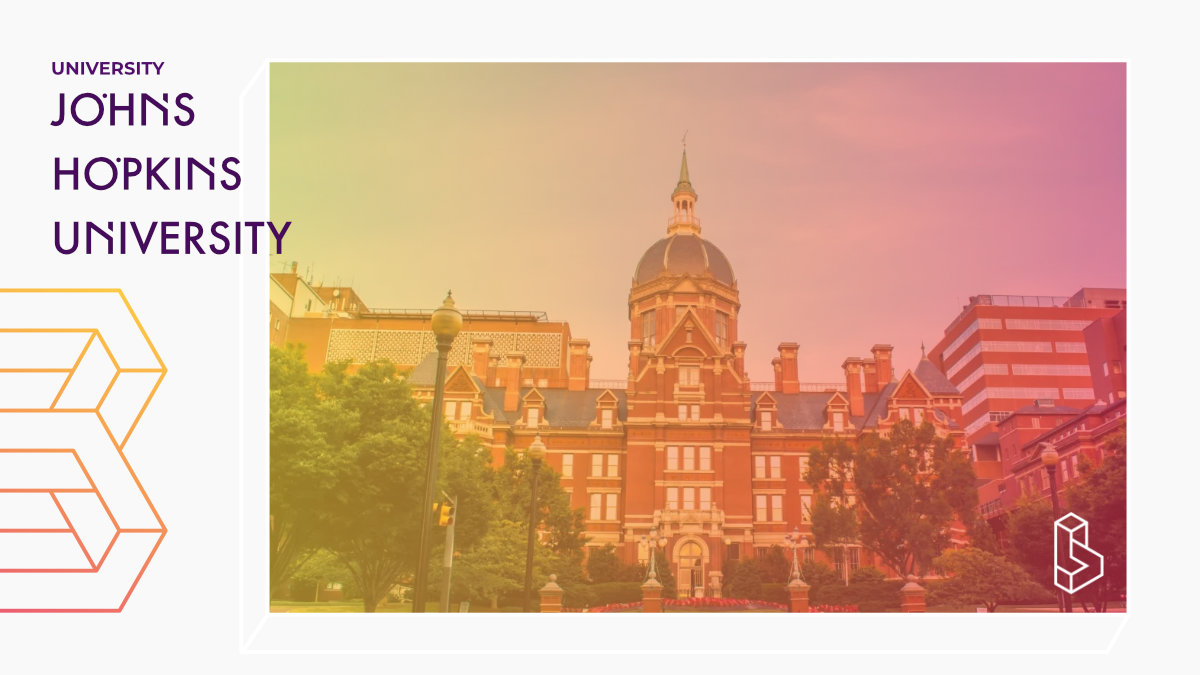Johns Hopkins University (Medicine) is host to the Center for Psychedelic and Consciousness Research, which is one of the leading research institutes into psychedelics. The center is led by Roland Griffiths and Matthew Johnson.
Center for Psychedelic and Consciousness Research
The center, launched in 2019, originates from the research that has been ongoing at Johns Hopkins Medicine since 2000 (Johns Hopkins Center for Study of Psychedelics). The research group was the first to start studying psychedelics (psilocybin) in healthy volunteers (since the 1960s). The research has been a catalyst for many other universities and recently private companies to see the possible (long-sustained) benefits psychedelics may provide.
“At the Center for Psychedelic and Consciousness Research, researchers will focus on how psychedelics affect behavior, mood, cognition, brain function, and biological markers of health. Upcoming studies will determine the effectiveness of psilocybin as a new therapy for opioid addiction, Alzheimer’s disease, post-traumatic stress disorder (PTSD), post-treatment Lyme disease syndrome (formerly known as chronic Lyme disease), anorexia nervosa and alcohol use in people with major depression. The researchers hope to create precision medicine treatments tailored to the specific needs of individual patients.”
The current center is funded by philanthropists with $17 million given to support their research.
“The center’s operational expenses for the first five years will be covered by private funding from the Steven & Alexandra Cohen Foundation and four philanthropists: Tim Ferriss (author and technology investor), Matt Mullenweg (co-founder of WordPress), Blake Mycoskie (founder of TOMS, a shoe and accessory brand) and Craig Nerenberg (investor).”
The center works together with Unlimited Sciences, Imperial College London, and many other researcher around the world.
Key Staff
- Roland Griffiths – Professor & Center Director
- Matthew Johnson – Professor & Associate Center Director
- Frederick Barrett – Assistant Professor & Director of Neurophysiological Mechanism & Biomarker Assessment
- Albert Garcia-Romeu – Assistant Professor
- Alan Davis – Adjunct Assistant Professor
- Mary Cosimano – Director of Guide / Facilitator Services
- William Richards – Psychologist
Research
The center’s website lists its most notable achievements and academic publications. You can find more at the specific staff member pages or using the academic paper page of this website.
News
- First-of-Its Kind Psychedelic Research Center Debuts at Johns Hopkins (January 2020)
- Johns Hopkins Scientists Give Psychedelics the Serious Treatment (Scientific American, January 2020)
- Johns Hopkins launches new Center for Psychedelic Research (September 2019)
- Johns Hopkins Opens New Center for Psychedelic Research (NYT, September 2019)
Topics of Interest
Depression
Neuroscience
Smoking
Eating Disorders
Explore more company info with a Tree membership
📰 Weekly newsletter about the business of psychedelics
📈 Extended company information (analyst view, fundraising, revenue numbers)
🪄 Priority company page updates
Related Course(s)
Johns Hopkins, Yale & NYU Psychedelic Therapist Training ProgramJohns Hopkins University, Yale University, and New York University are teaming up to develop a curriculum for psychiatrists on psychedelics, with a $1 million grant funding the project over 2 years.
Company News
UAB researcher granted federal funding for psilocybin and smoking study (UAB News, 04 December 2025)Researchers at the University of Alabama at Birmingham, Johns Hopkins University and New York University were awarded nearly $4 million in funding to study the efficacy of psilocybin.
Group Ketamine Pilot; Therapist Training Platform's Seed Round; Durable Response to PAT at 12 Month Follow up (The Trip Report, 18 February 2022)
The Trip Report goes through the latest psychedelic news from February 2022. Highlights include Novamind's ketamine-assisted therapy, Fluence's $3 million seed round, and reporting on the 12-month Johns Hopkins depression follow-up study.

